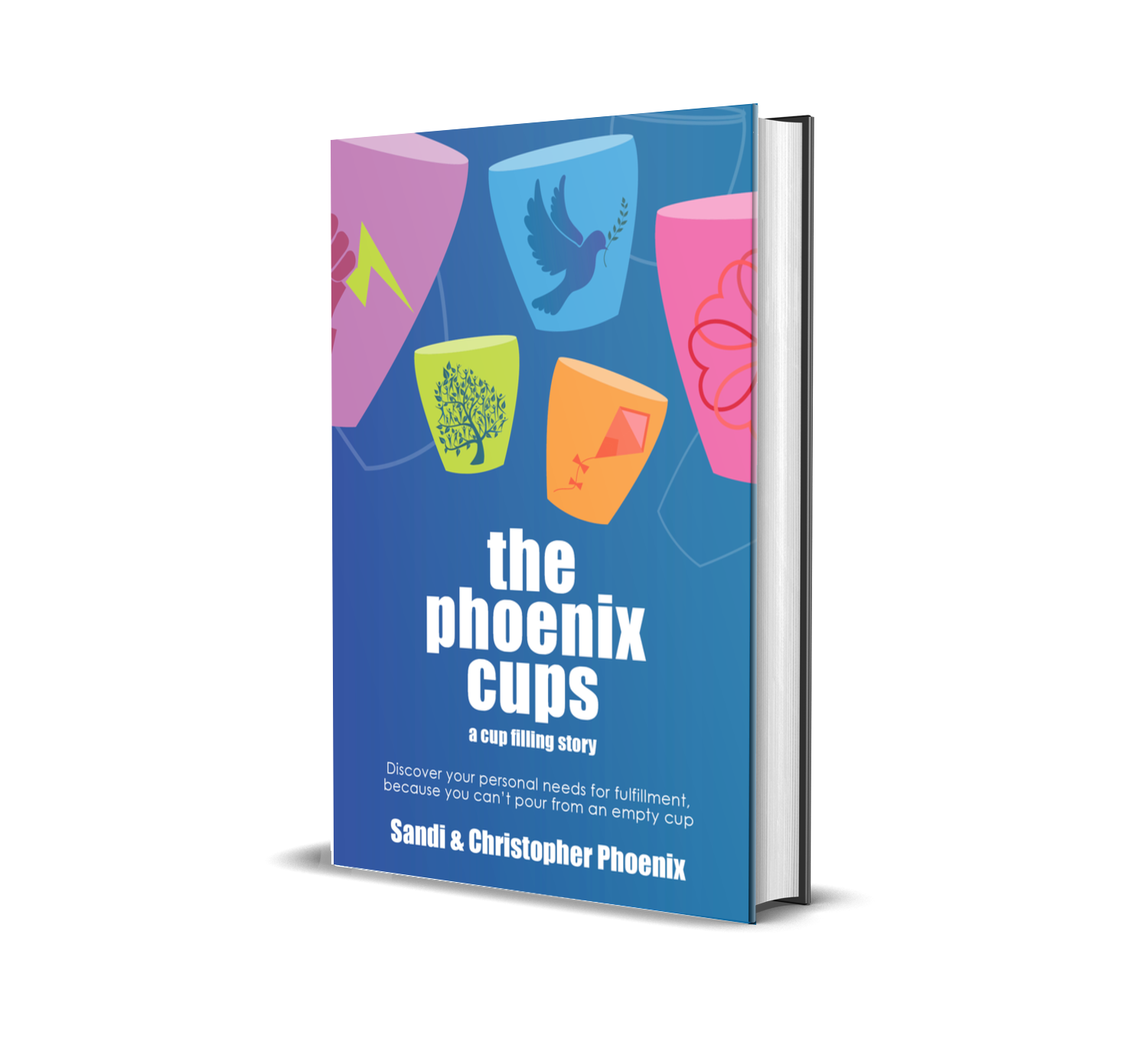Is your child attention seeking or connection seeking?
"She's just attention seeking, ignore her."
Thanks Super Nanny. You had one job.
Despite what the TV personality says, children are human, and human's don't randomly seek attention to annoy other humans. So, what do they seek? Children seek Connection.
So let's see what it sounds like now when we replace attention with connection.
"She's just connection seeking, ignore her". Well, that sounds down right awful doesn't it?
Instead of ignoring her, imagine her need for connection as a Cup - her Connection Cup. If she's seeking connection, it means it is not full enough! So what would ignoring her do to her Connection Cup?! You guessed it, it makes it even more empty.
So what are we going to do? How about fill her up?
The Connection Cup
Children ‘behave’ as they do because they are human. All too often, adults attempt to “behaviour manage” a child’s best attempt to get their needs met. Children’s behaviour serves a need, a function, a purpose. Children choose behaviours that they know will quickly and efficiently fill their Cups. To truly support behavioural growth and development, it is the role of the parent to determine the underlying reasons for the behaviour, and then guide children to meet these needs in ways that are expected in the culture and environment they are growing up in.
Attempting to have ‘power over’ your child, forcing them to do as they’re told, teaches them nothing other than compliance, and arguably, compliance is not necessary or desirable trait to install in children (Porter, 2008). Instead of obedience, parents can choose to teach cooperation and consideration. Rather than focus on managing a child with rewards and punishments, parents and carers can choose to have power with their child to support their behavioural and social learning. When Parent’s discover their child’s Phoenix Cups Profile, their interests, and unique way of learning, they focus on the child’s strengths and can effectively support their child’s ability to learn to fill their Cups in considerate and cooperative ways.
Armed with this knowledge, next time you hear a friend say a child is "attention seeking", gently reframe that to "She's not attention seeking, she's connection seeking."
By Sandi Phoenix
B. Psy.Sc
Co-author of The Phoenix Cups: A Cup Filling Story
The Phoenix Cups Book
Delve deeper into The Phoenix Cups and discover the philosophy behind every day behaviours. A life-altering experience that will open your eyes and change your perspective of why people interact the way they do, how their needs not being met affect their behaviour, and what you can start doing to live a fulfilling life.

.png)

